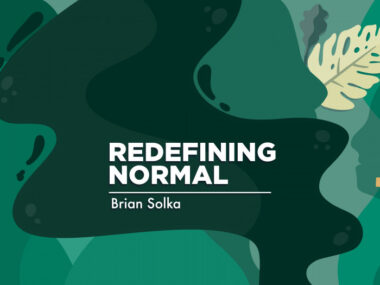Epidiolex No Longer Seen as Controlled Substance by US DEA
Written by |

The U.S. Drug Enforcement Administration (DEA) has reclassified Epidiolex, an oral cannabidiol solution used to treat seizures, as a non-controlled substance, potentially easing patient access to it.
This decision removes all federal controlled-substance restrictions for Epidiolex, which was approved in 2018 by the U.S. Food and Drug Administration (FDA) to treat seizures in people with Lennox-Gastaut syndrome or Dravet syndrome who are 2 years old or older.
“This notification from DEA fully establishes that Epidiolex, the only CBD medicine approved by FDA, is no longer a controlled substance under the federal Controlled Substances Act,” Justin Gover, the CEO of GW Pharmaceuticals, which developed Epidiolex, said in a press release.
After receiving FDA approval, Epidiolex was initially placed in Schedule V of the Controlled Substances Act (CSA), which includes drugs with known medical uses and a low potential for abuse that contain limited quantities of certain narcotics.
GW has filed a post-approval supplement with the FDA requesting that the medication’s Schedule V designation be removed.
The company is beginning to implement the DEA decision across states and throughout its distribution network. Once this process is finished, prescriptions for Epidiolex will be valid for a year and easily transferable between pharmacies — in keeping with other non-controlled medications.
Physicians will also be able to prescribe Epidiolex without having to meet the requirements of state prescription drug monitoring programs.
“We would like to thank DEA for confirming the non-controlled status of this medicine. Importantly, the descheduling of Epidiolex has the potential to further ease patient access to this important therapy for patients living with Lennox-Gastaut syndrome and Dravet syndrome, two of the most debilitating forms of epilepsy,” Gover said.
Epidiolex is an oral formulation of cannabidiol (CBD), which is a non-psychoactive component in cannabis — that is, it doesn’t induce the ‘high’ associated with other chemicals found in the plant. Although the underlying biological mechanism isn’t very well understood, clinical trials have shown that the treatment can lessen seizure frequency in people with Lennox-Gastaut and Dravet.
Common side effects of its use include diarrhea, a decreased appetite, fever, sleepiness, and vomiting.
Epidiolex is marketed in the U.S. by Greenwich Biosciences, a subsidiary of GW (based in Cambridge, U.K.). It is also approved as an add-on therapy to clobazam for these same two patient groups, in the European Union, under the brand name Epidyolex.


